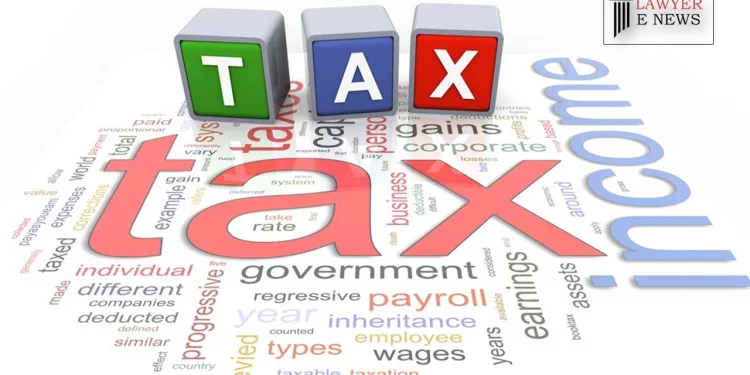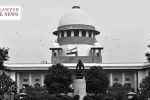Supreme Court Remands Charitable Trust’s Tax Exemption Eligibility Case for Fresh Consideration, Stresses Examination of Nature of Receipts

In a significant ruling, the Supreme Court of India has remanded a case back to the Assessing Officer (AO) for fresh consideration regarding the eligibility of a charitable trust for income tax exemption. The court emphasized the importance of re-examining the nature of receipts and referred to the need for a comprehensive analysis in determining the trust’s exemption status. The judgment, delivered by Justices S. Ravindra Bhat and Dipankar Datta, highlighted the impact of recent changes in the interpretation of the Income Tax Act, 1961.
The case, titled “Pr. Commissioner of Income Tax (Exemptions) Delhi v. Servants of People Society,” involved a dispute over the exemption claimed by the Servants of People Society, a registered charitable trust. The trust had sought exemption under Section 11 of the Income Tax Act but faced denial from the revenue authorities, who argued that the trust’s involvement in trade, commerce, and business activities rendered it ineligible for exemption.
The court’s judgment quoted the earlier ruling in CIT v. Ahmedabad Urban Development Authority, which set specific parameters for determining the charitable nature of activities conducted by trusts established for general public utility. The court highlighted the need for a fresh examination in light of the changed interpretation of Section 2(15) of the Income Tax Act.
Justice S. Ravindra Bhat, delivering the judgment, stated, “The matter requires to be re-examined, and the question as to whether the amounts received by the assessee qualify for exemption, under Section 2(15) or Section 11 needs to be gone into afresh.” The court also stressed that the income, profit, or surplus derived by the trust must be incidental to its activities.
The court further noted that the trust’s engagement in publishing a newspaper and earning substantial advertisement revenue required a careful analysis of whether such activities could be considered trade, commerce, or business. The judgment cited the importance of fulfilling the conditions specified in the proviso to Section 2(15) and emphasized that the quantitative limits for receipts should not be exceeded.
Consequently, the Supreme Court allowed the appeal in part, directing the Assessing Officer to re-examine the documents and relevant papers, and pass fresh orders within four months.
Date of Decision: January 31, 2023
COMMISSIONER OF INCOME TAX (EXEMPTIONS) DELHI vs SERVANTS OF PEOPLE SOCIETY




